It's that time of the year again - your toddler is feeling under the weather.
Whether it involves fever and vomiting or it’s a simple cold, there’s nothing worse than helplessly watching your child deal with the symptoms. They also likely have no appetite, but staying hydrated and fed is extremely important during a sick spell. Finding wholesome foods to feed your toddler while they’re sick is essential.
A Simple Guide on What to Feed a Sick Toddler
Feeding some toddlers on a typical day can be a significant challenge for their parents. These toddlers may be picky, allergic, or averse to eating for one reason or another. And when they fall sick, their parents can be at a loss for what to feed a sick toddler who won't eat.
Other toddlers may be easier to handle and generally appreciate all kinds of food. But they may lose their appetite, have nausea, or eat very little when they fall sick. This way, children suffering from an illness may not get the necessary vitamins and nutrients to recover, so they lose weight.
So, knowing what to feed toddlers when sick is a parenting skill that will go a long way toward improving your child's health and reducing hospital trips and expenses. If you’re wondering what to feed a sick toddler, we’ve highlighted some of the best options for even the pickiest eaters.
What to Feed Sick Toddler Who Won't Eat
It's evident that even if your toddler has no appetite, they need to eat. Unless the situation is way beyond your control and they need a doctor, they must eat. But some parents, especially first-child parents, struggle with what to feed a sick toddler who won't eat.
The first and most important thing to do is give your child fluids. Dehydration is the first concern during periods of illness, and you must focus on your child taking in as much liquid as you can. So, hydration is the first course of action for a toddler who refuses to or can't eat anything.
Here is what you need to know:
Prioritize Fluids
Start by giving your toddler fluids. Hydration is always a priority whether the child has a cold, a tummy bug, diarrhea, sore throat, the flu, nausea, or isn't even eating.
Hydration is important because many symptoms of most sicknesses drain fluid out of the body. For example, sweating with fevers, having diarrhea, mucus and sneezing with the flu, and vomiting with a tummy bug all cause the body to lose water.
According to the American Academy of Pediatrics, your toddler's daily fluid needs are 4 cups (32 ounces or about 1 liter) if they are 1 to 3 years of age. For 4- and 5-year-olds, 5 cups (40 ounces or about 1.2 liters) are required daily.
Your child may not be able or want to eat because of poor appetite, but you'll always have their thirst on your side. But since they also need nutrients, you want to give fluids with high amounts of vitamins and nutrients.
Give the following liquids to your sick toddler, especially when they can't eat:
- Electrolyte solution (Oral Rehydration Therapy, ORT) – Use low-sugar sports drinks or ready-to-use electrolytes solutes in packets you can get from your local store.
- Fruit Juice – Avoid citrus fruits if your child has a sore throat or upset stomach, as citrus is very acidic. But otherwise, citrus fruits are rich in vitamin C, boosting the immune system.
- Whole fruits – Consider fruits like watermelons, pineapple, strawberries, raspberries, etc.
- Milk – You may want to avoid milk because it thickens mucus. However, milk does not increase mucus production.
- Popsicles – These will hydrate and improve appetite. You can opt for freeze pops that contain electrolytes from health brands.
- Coconut water – This fluid is a natural ORT.
- Ginger ale – This drink is perfect for a stomach bug if made with natural ginger. You may stir the bubbles out of the glass if your child doesn't like the carbonation.
- Warm herbal tea – You may add a teaspoon of honey for children over 1 year old. Go for the caffeine-free options.
- Broth – Soups and stews are great for adding nutrient-rich foods to your toddler's diet. Let the broth have small and soft pieces of vegetables and meat in tiny quantities. Serve broth when it's warm. But if your child has a fever, let the broth be at room temperature. Chicken broth is always a decent option.
These vitamin-rich fluids will help nourish your child, regulate their body functions, and improve their appetite so they can begin eating normally again. But avoid giving warm fluids to children suffering from a fever. Stick to fluids that can help bring body temperature down.
What to Feed a Sick Toddler for Breakfast
They say breakfast is the most important meal of the day, and the same applies when your child is sick.
How to start the day when your toddler is sick can be tricky. Breakfast can either get them off to a better and healthier day or completely ruin any health improvements from previous days. So knowing what to feed a sick toddler for breakfast is crucial for the day to go smoothly.
The following foods are full of nutrients and great for breakfast, especially if your child is experiencing symptoms like vomiting or diarrhea:
If They Suffer From Diarrhea
Diarrhea is one of the illnesses that drain your toddler's body of water the most. Therefore, as mentioned earlier, hydration is the first priority in dealing with diarrhea. After prioritizing water and other fluids, offer these foods to combat diarrhea:
- Banana – This fruit is rich in potassium, resistant starch, and pectin – a fiber known to improve digestion. Studies have shown that boiled unripe bananas improve diarrhea symptoms in children 5 years old and younger.
- Crackers – They are low in fiber and digest quickly. Also, they contain electrolytes. Pretzels are in this category as well.
- Yogurt – Studies showed that yogurt boosts recovery from diarrhea in children. It is also rich in proteins necessary for the recovery of lost cells.
- Apple sauce – It is very rich in fiber, vitamin A, and electrolytes and can be easily digested.
- Toast – Made from whole grain bread, toasts are fiber-rich and easy to digest. To tune it up, you may add jam, turkey slices, butter, or cheese.
If They Are Vomiting
Apart from appropriate medicine, the trick to dealing with nausea is hydration with small amounts of food. When it’s been 6 to 8 hours after vomiting, serve your toddler foods like:
- Cereal – It’s high in soluble fiber and can be served with milk for more protein content or juice for less.
- Rice – In small quantities, rice will help restore lost energy.
- Pasta – This food is high in fiber and easily digested.
- Bread – This can be toasted or plain. Don't add butter or cheese.
If They've Got a Common Cold or the Flu
If your toddler has a runny nose or is sneezing, you need to boost their immune system by infusing their bodies with vitamins like vitamin C. here are some excellent foods and fruits that will help:
- Strawberries – They are loaded with vitamin C and can prevent or treat respiratory infections.
- Eggs – They contain vitamin D and zinc, which are essential for immunity.
- Peanut butter – Rich in protein, zinc, and vitamin E, all necessary for muscle repair, immunity, and metabolic regulation.
- Baked or mashed potatoes – It is easy to digest and high in calories to help replenish lost energy.
What to Feed a Sick Toddler for Dinner
Dinner is an important meal, and knowing what to feed a sick toddler for dinner will help them sleep well. Here are a few excellent food options that will help:
- Eggs
- Chicken soup
- Fish
- Pasta
- Mashed potatoes
- Yogurt
- Rice
- Pancakes
Remember, you can always store what your child couldn't eat at breakfast and re-serve for dinner when they feel better.
Final Thoughts
What to feed a toddler when they are sick can be easily handled when you understand these principles:
- Hydration comes first! Give your child plenty of fluids throughout their sickness
- Serve solid food in small quantities
- Avoid foods rich in fat and oil (no greasy meals)
- Go easy on the veggies
- A balanced diet rich in nutrients and minerals boosts recovery and immunity.
Remember: Don’t force your child to eat too much when they’re sick. Start small and work your way up to larger portions until your child feels better. With this guidance, we hope you feel better equipped to feed your sick toddler and aid them back to feeling good.
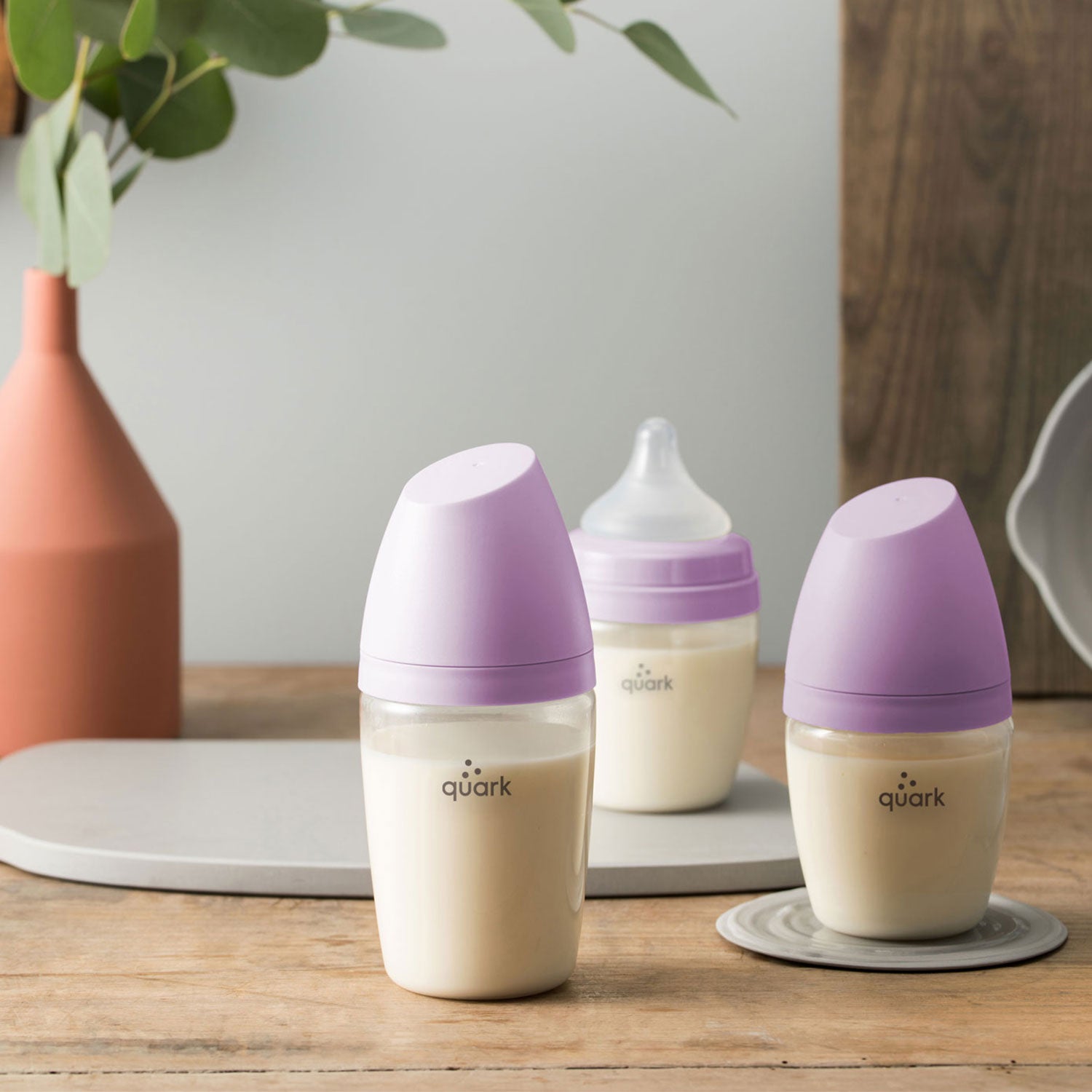
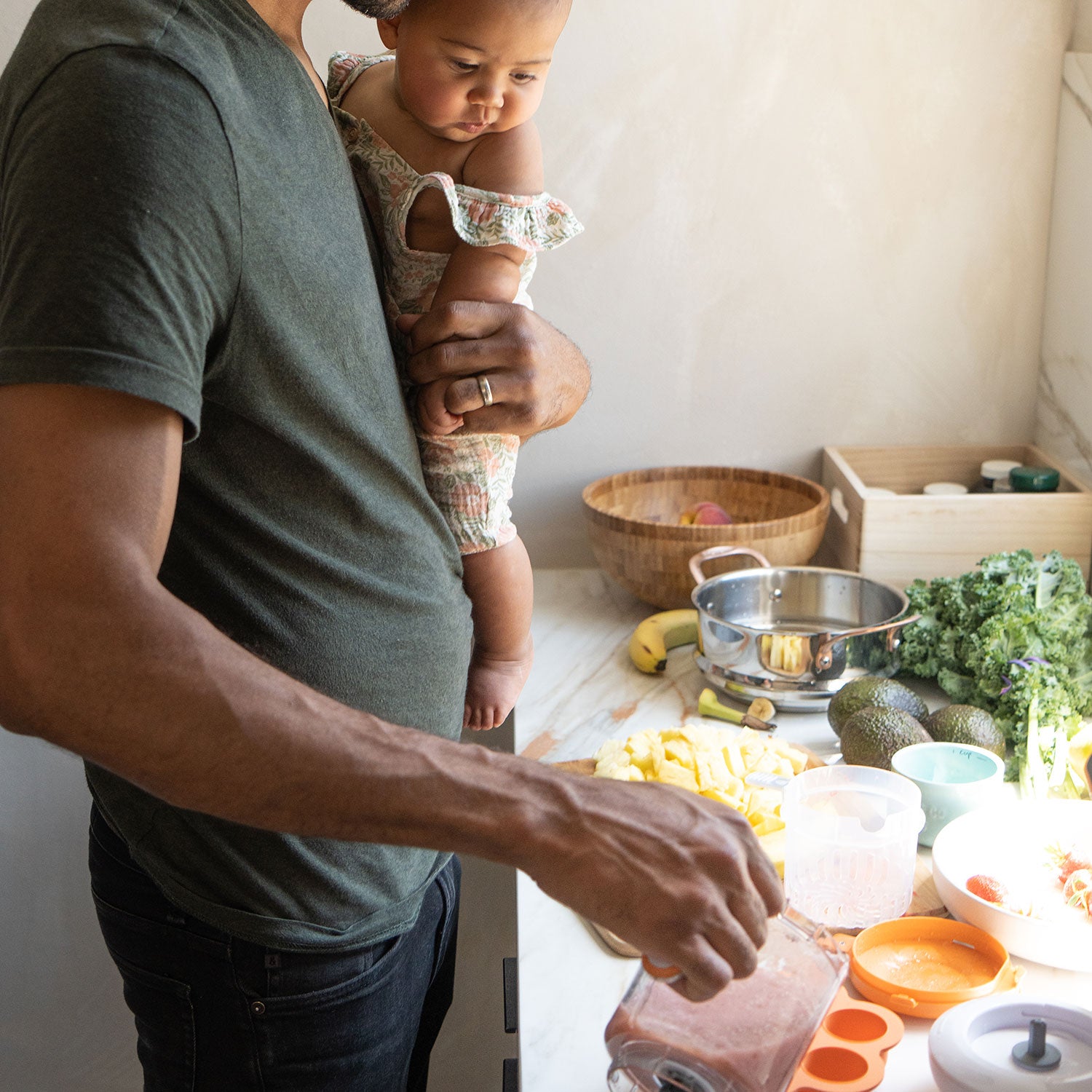

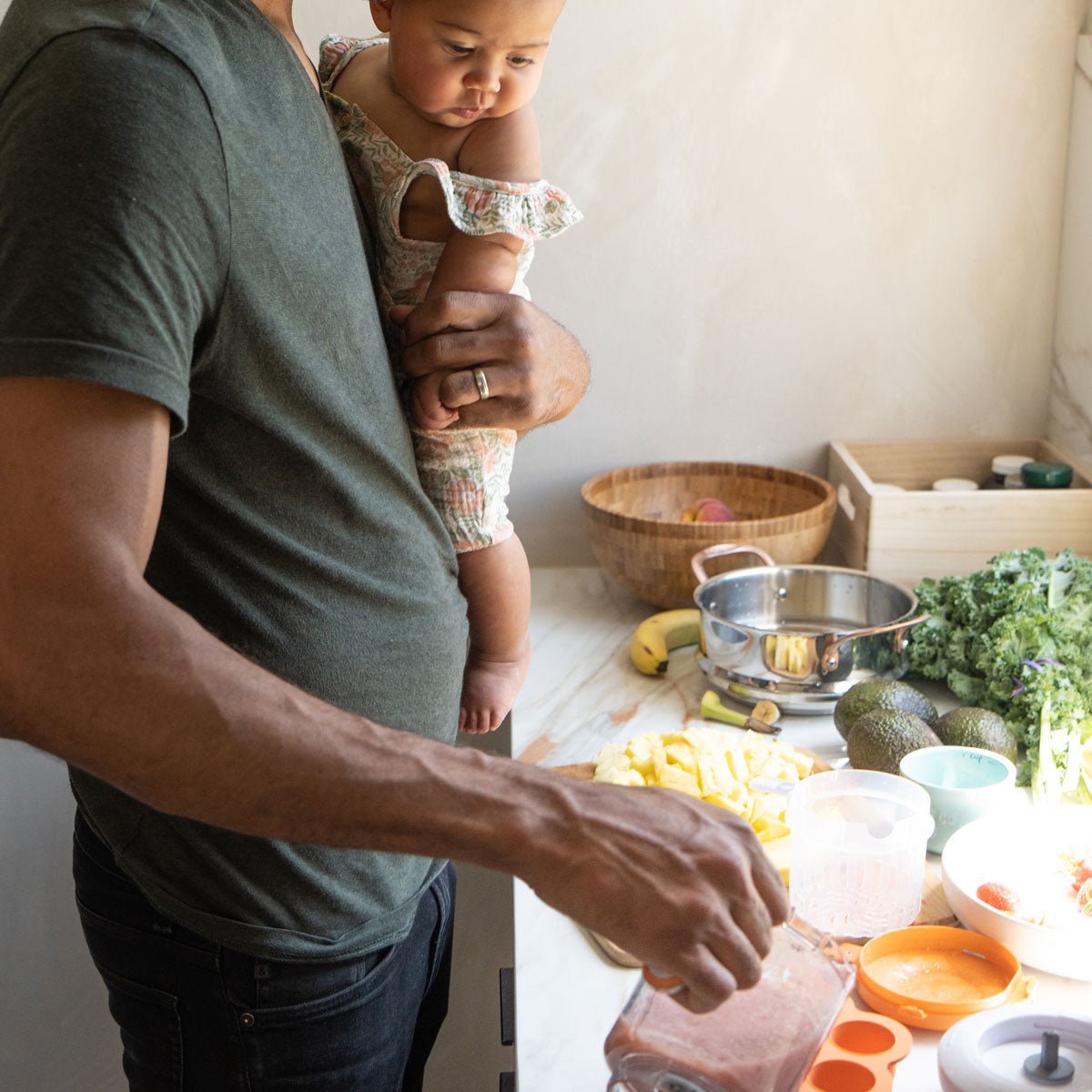

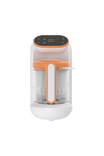
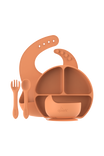
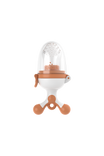
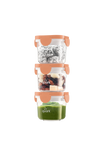
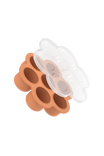
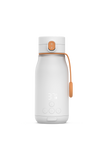
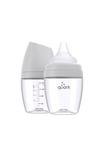
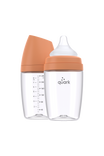
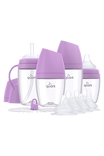
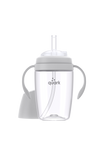
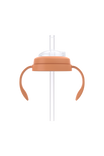
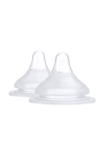
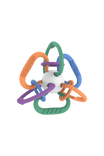
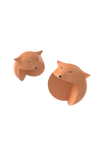
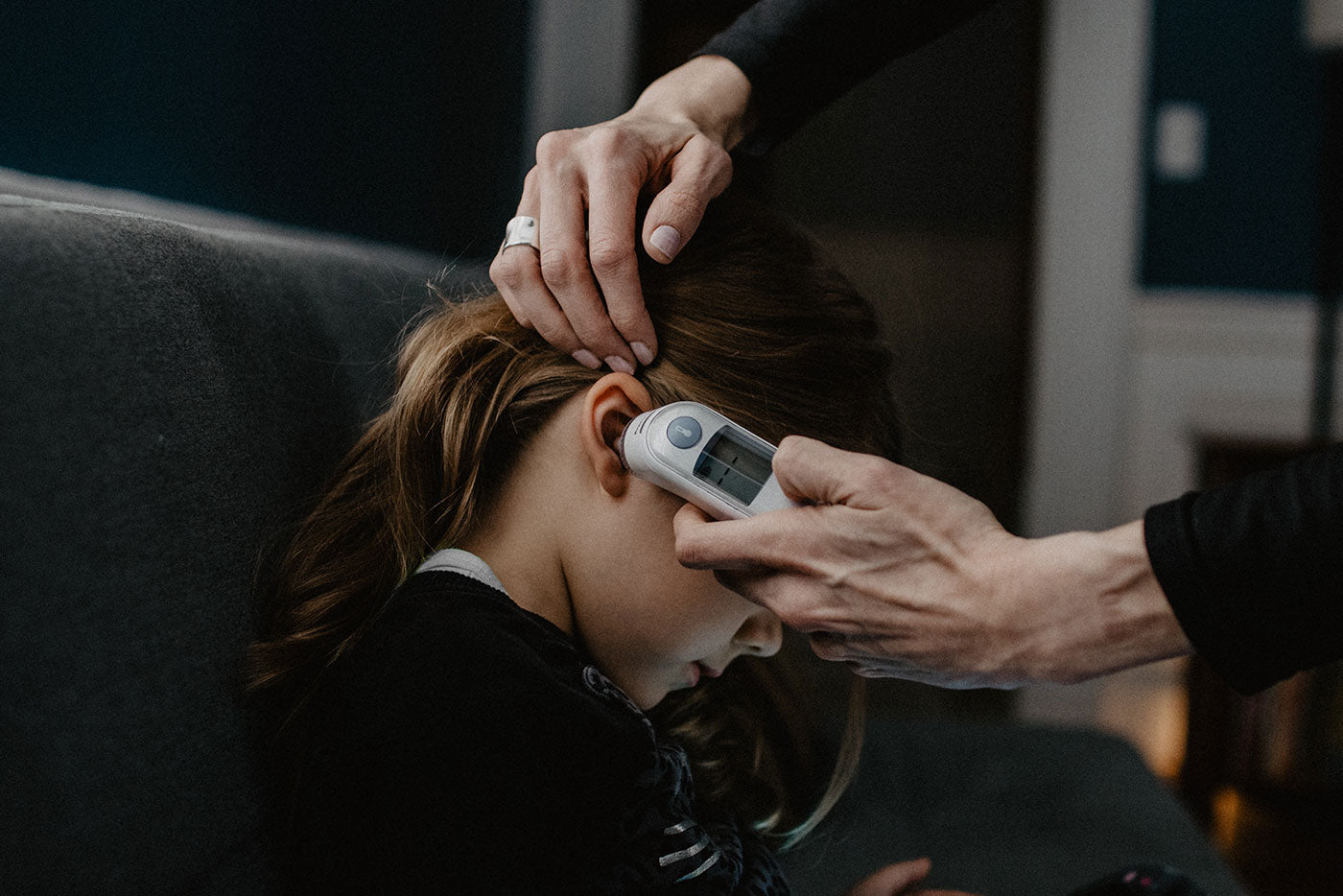
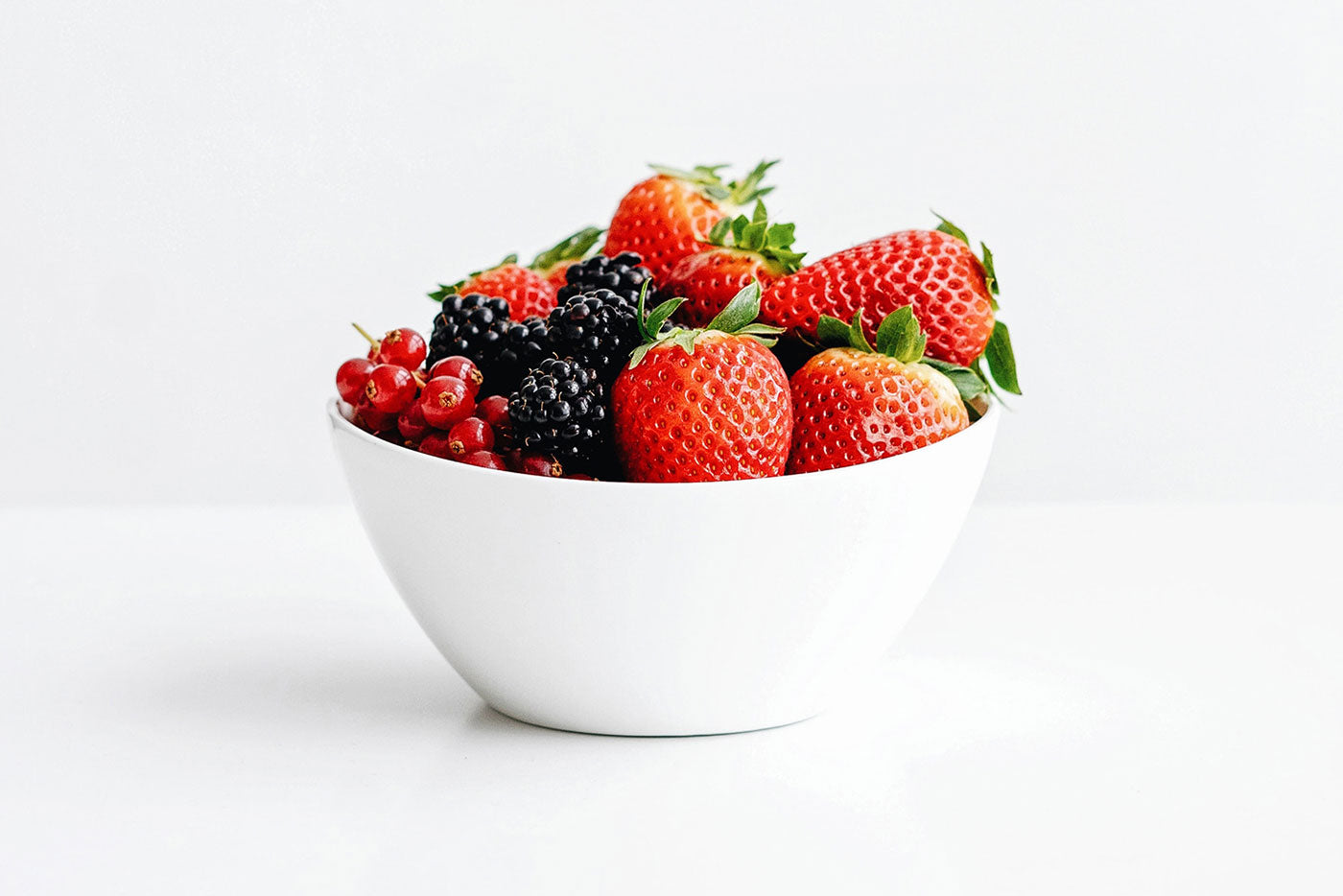

Laisser un commentaire
Tous les commentaires sont modérés avant d'être publiés.
Ce site est protégé par hCaptcha, et la Politique de confidentialité et les Conditions de service de hCaptcha s’appliquent.